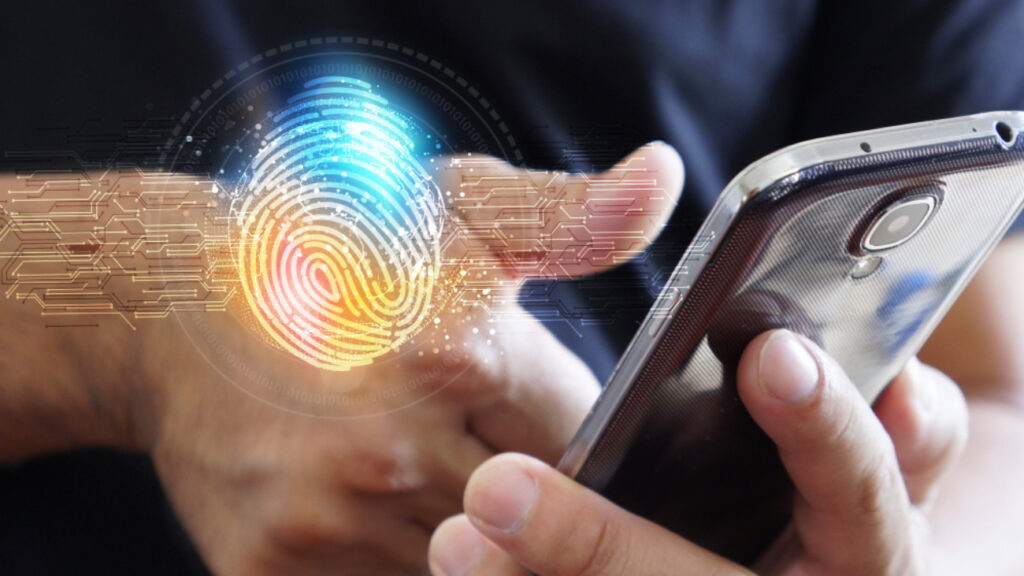As there is a development of new technologies, the use of biometric identification has grown significantly in many fields, such as banking, healthcare, transportation, and security. Individuals can be identified through their unique physiological and behavioral features through the process of biometric identification. Because it relies on characteristics that are difficult to imitate or fabricate, it is one of the most reliable ways of identification.
Nonetheless, there are problems over individuals’ personal privacy raised by the use of biometric identification. Bahaa Abdul Hadi in this essay investigates how the use of biometric identification affects an individual’s right to personal privacy.
Using distinguishing physical or behavioral traits, biometrics identifies a person. Physical traits include fingerprints, facial features, iris patterns, voice prints, and DNA. Behavioral traits include stride, signatures, and keyboard dynamics. With biometric identification systems, a person’s biometric information is compared to a database. Over the years, biometric identification has become common in many fields to make things safer and more convenient.
Positive Effects of Biometric Identification
Using biometric identification increases security, usability, and accuracy. Biometric identification is reliable because it relies on unique characteristics that are hard to copy. It is now more difficult for thieves to commit identity theft and other crimes. Compared to biometric identification, passwords and PINs are less useful. You no longer need to remember complex passwords or carry ID cards which could be lost or stolen.
Biometric identification is precise. Biometric identification is more accurate than other methods. Face recognition is 2% less accurate than fingerprint identification. Biometric identification is safer than passwords, which might be forgotten or guessed.
Consequences of Biometric Identification
Biometric identification has privacy pros and cons. Biometric identity raises privacy, espionage, and data misuse concerns. Because biometric data is unique, it can be used to follow or pretend to be someone else without their permission. If someone steals your biometric information, they can get into your bank accounts, medical records, and other private information.
Biometric identification requires surveillance. Biometric identification technologies can track behavior and movements. This allows governments or other groups to spy on people without consent. Shopping malls, airports, and public transportation use facial recognition to track people. Law enforcement could abuse surveillance tools.
Misusing Biometric Information
Another issue with biometric identification is the misuse of biometric data. Biometric information is private and might be abused if stolen. For instance, biometric data may be used to create false identities or steal identities. Furthermore, without their permission, it is possible to track their movements, pursuits, and actions. Privacy might be jeopardized by the theft or hacking of biometric data. People may lose control over their personal information and become victims of fraud.
Thank you for your interest in Bahaa Abdul Hadi blogs. For more information, please stay tuned to www.bahaaabdulhadi.com







